Does freezing affect the nutritional value of Double Concentrated Tomato Paste?
For home cooking enthusiasts and professional kitchens, large packages of double concentrated tomato paste are economical. To extend its shelf life after opening, many people choose to freeze it in portions. However, does this practice affect its valuable nutritional value, especially the key antioxidant lycopene? Food science provides clear insights.
Core Nutrient: Lycopene Stability
The core nutritional value of double concentrated tomato paste is largely due to its high concentration of lycopene. This powerful carotenoid antioxidant gives tomatoes their bright red color and is associated with a reduced risk of certain chronic diseases.
Effects of Freezing on Lycopene: Scientific evidence shows that freezing storage itself has very limited damage to lycopene. Lycopene is a fat-soluble compound with a relatively stable chemical structure that is not easily destroyed by the low temperatures of the freezing process. Its main losses usually occur during processing (such as heat sterilization) and oxidation during long-term storage, rather than the freezing process itself.
Science: Several studies have evaluated the lycopene content of tomato products, including concentrates, under various storage conditions. Results show that lycopene retention is generally very high (often above 90%) after months of frozen storage, significantly better than the slow degradation that can occur with ambient storage.
Practical considerations from freezing: Texture changes
While core nutrients are retained, the freezing process does introduce some noticeable changes:
Texture separation and watering: Water in tomato paste forms ice crystals when frozen. After thawing, these ice crystals melt, which can cause the paste to separate, become slightly sandy, or watery (i.e., "watering"). This is primarily a physical change.
Flavor nuances: In rare cases, repeated freeze-thaw cycles or prolonged freezing may introduce very minor flavor changes, but these do not usually affect overall acceptability and are not associated with nutrient loss.
Other micronutrients: Minimal effects
Double concentrate tomato paste also contains other nutrients, such as potassium and small amounts of vitamins C and E.
Potassium: As a mineral, potassium is very stable and is virtually unaffected by the freezing process.
Vitamin C: Water-soluble vitamin C is sensitive to many factors (e.g., heat, light, oxygen), and significant losses occur during the initial processing of ketchup. Frozen storage itself has a relatively small effect on it, but long-term storage may still cause slow losses (this exists under any storage method).
Vitamin E: Fat-soluble vitamin E is relatively stable and has little effect on it due to freezing.
Expert advice: Freezing is a wise choice
On the whole, freezing is the recommended method for storing double concentrate ketchup after opening to *maximize its nutritional value (especially lycopene)*:
Packaging and sealing are key: Portion ketchup into small, sealed containers or freezer bags, venting as much air as possible to reduce the chance of ice crystal formation and oxidation. Use one portion at a time to avoid repeated freezing and thawing.
Quick freezing and thawing: Small portions help to freeze and thaw quickly, reducing texture degradation.
Texture adjustment: After thawing, simple stirring can usually reintegrate the precipitated water. If used in cooking (e.g., stews, sauces), the texture change after thawing is almost unnoticeable.
Long-term nutritional advantage: Freezing better locks in core nutrients over several months than refrigeration, which may cause the risk of microbial growth or nutrient loss due to slow oxidation.
Freezing double concentrate tomato sauce does not cause significant loss of its key lycopene content and the mineral potassium, making it an effective strategy to preserve its long-term nutritional value. Consumers can use freezing to avoid waste and enjoy its health benefits. Although texture separation or slight water precipitation may occur after thawing, these are physical changes and do not affect the content and bioavailability of core nutrients. As long as you pay attention to the correct packaging and sealing methods, freezing is undoubtedly a reliable choice to extend the life and nutritional value of this kitchen staple.
For exclusive discounts and the latest offers, please enter your address and information below.

 EN
EN  English
English Français
Français 中文简体
中文简体

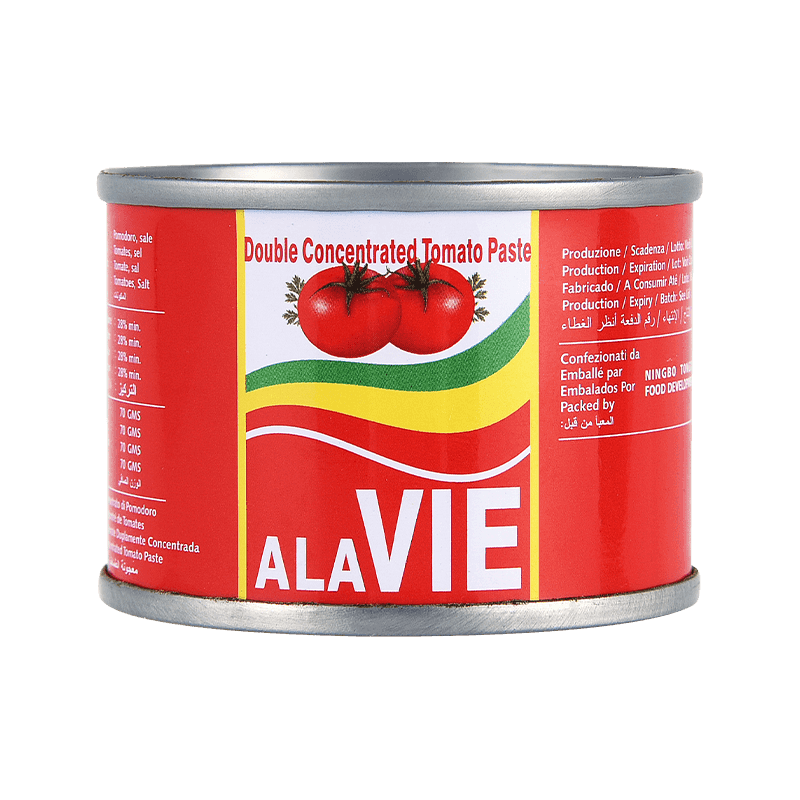
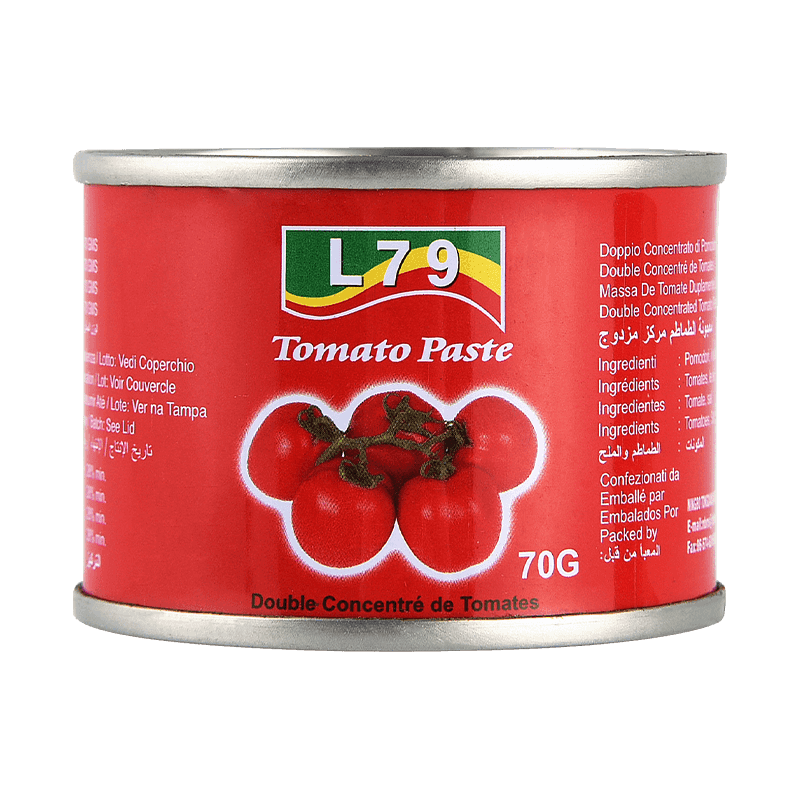
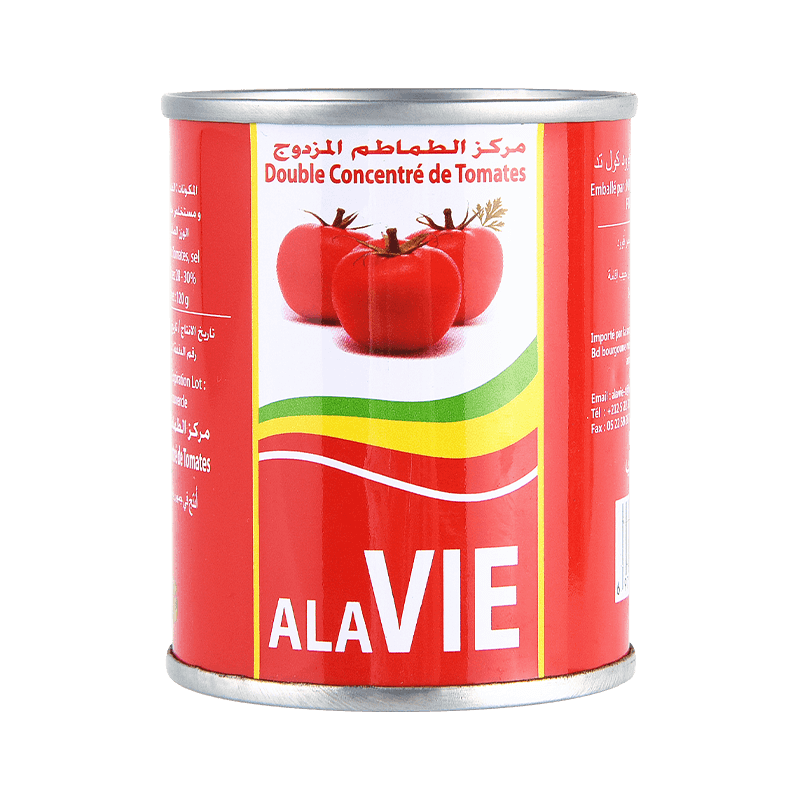
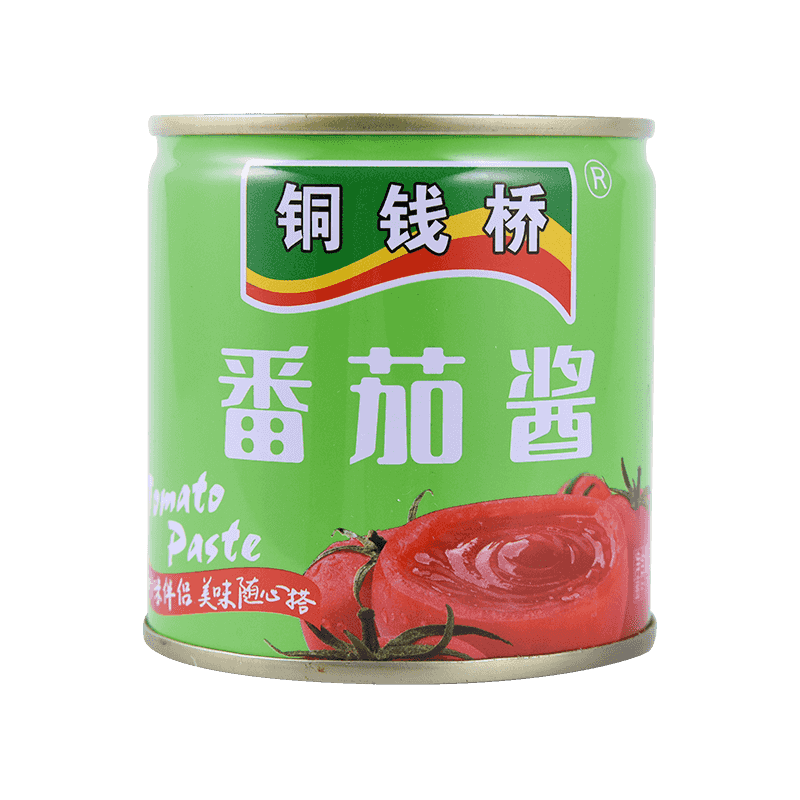
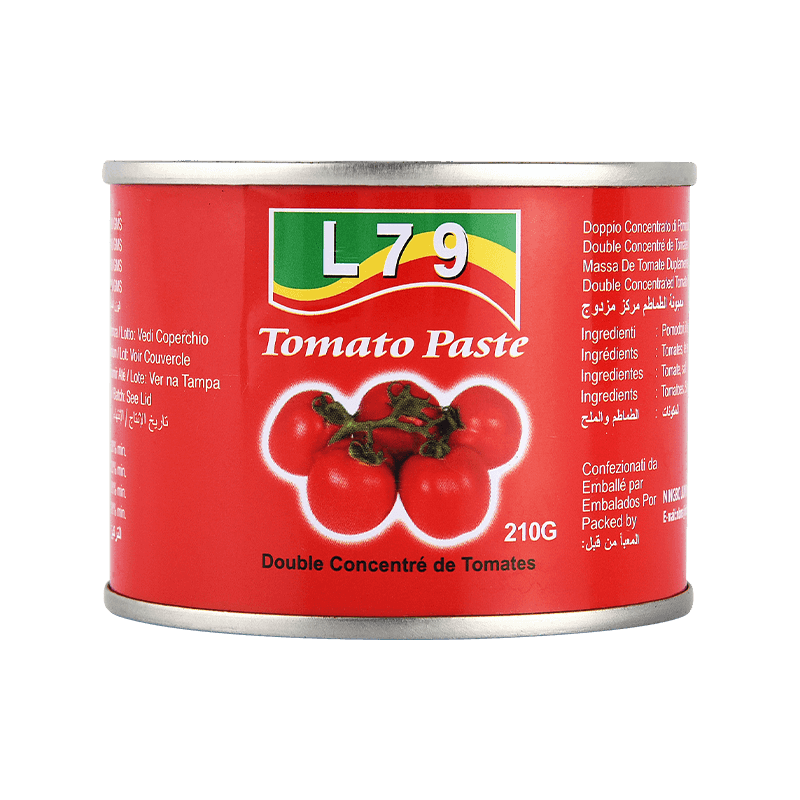
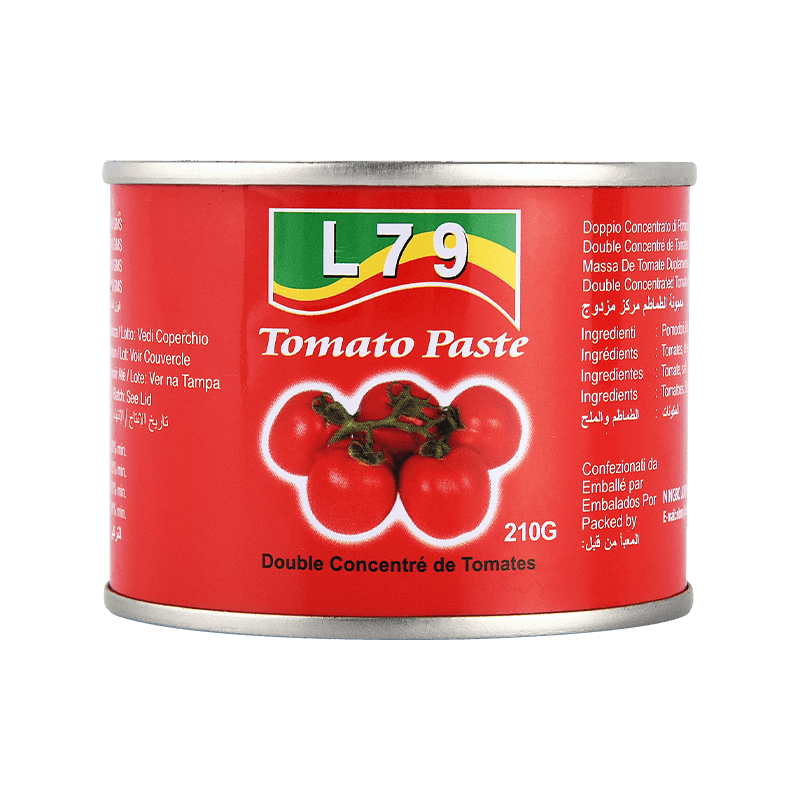
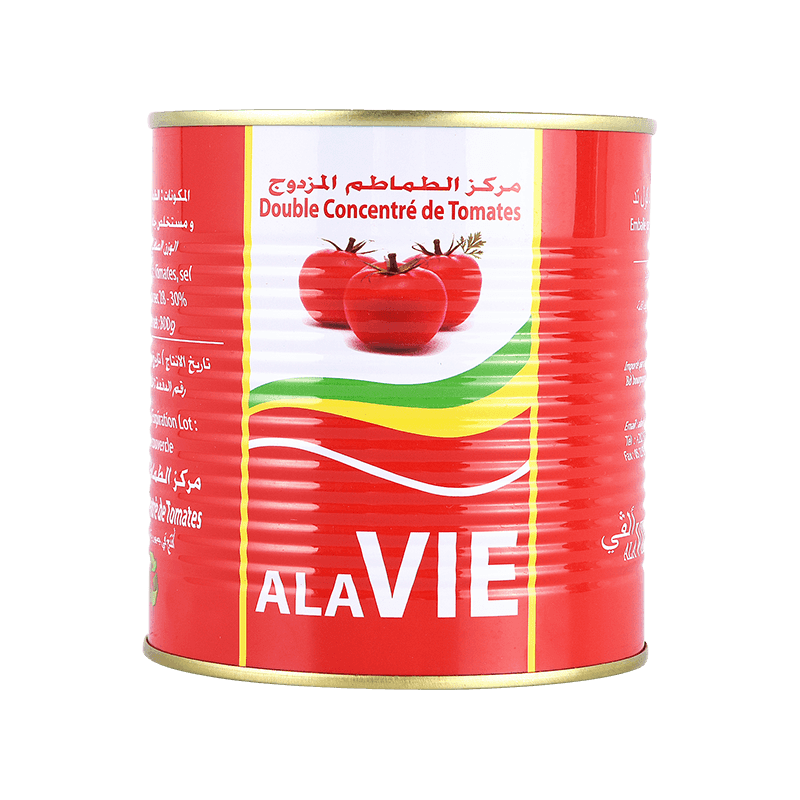
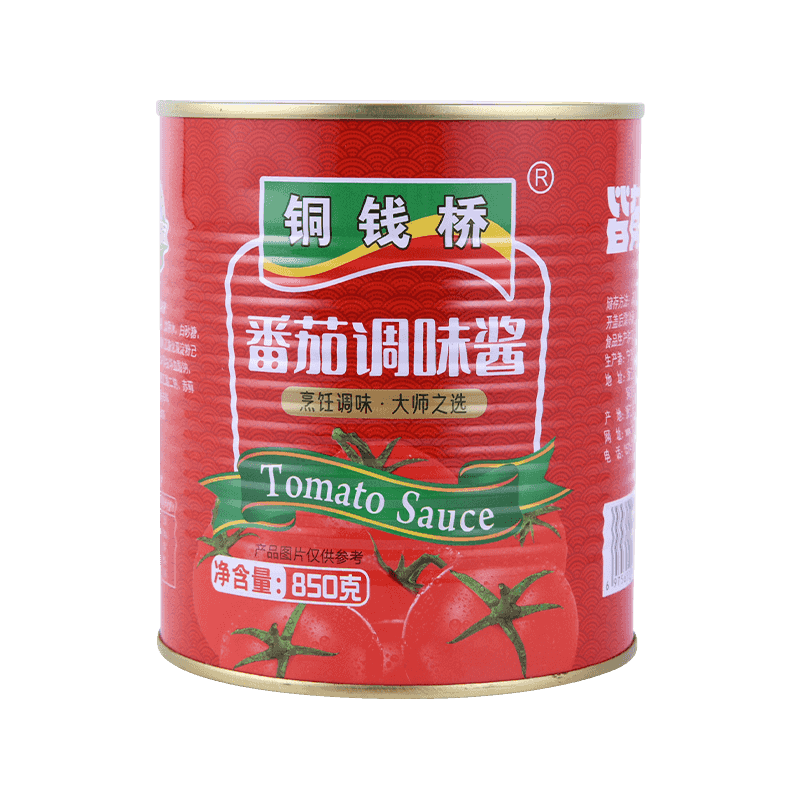
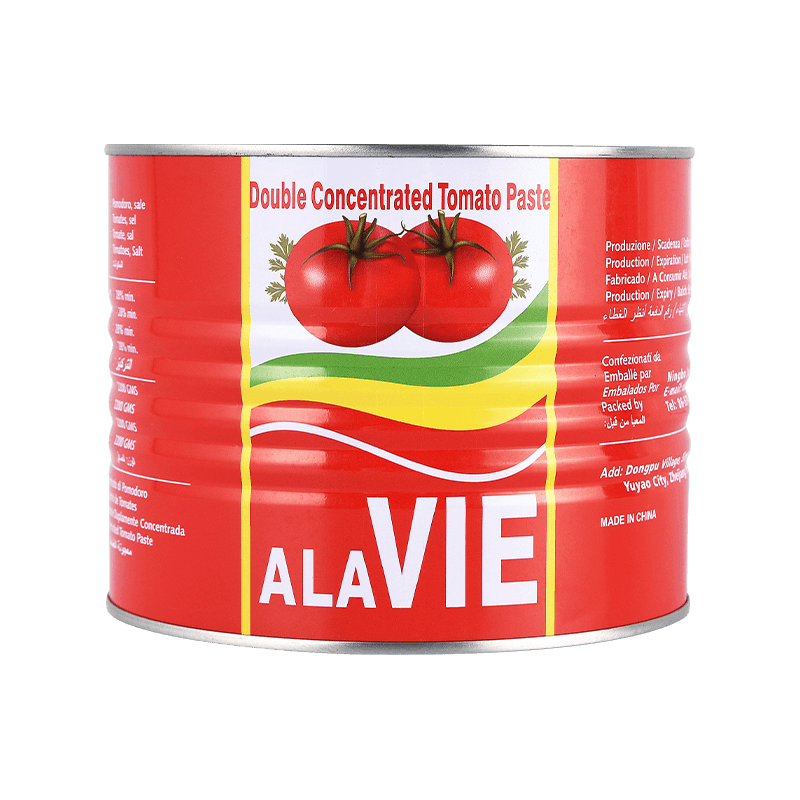
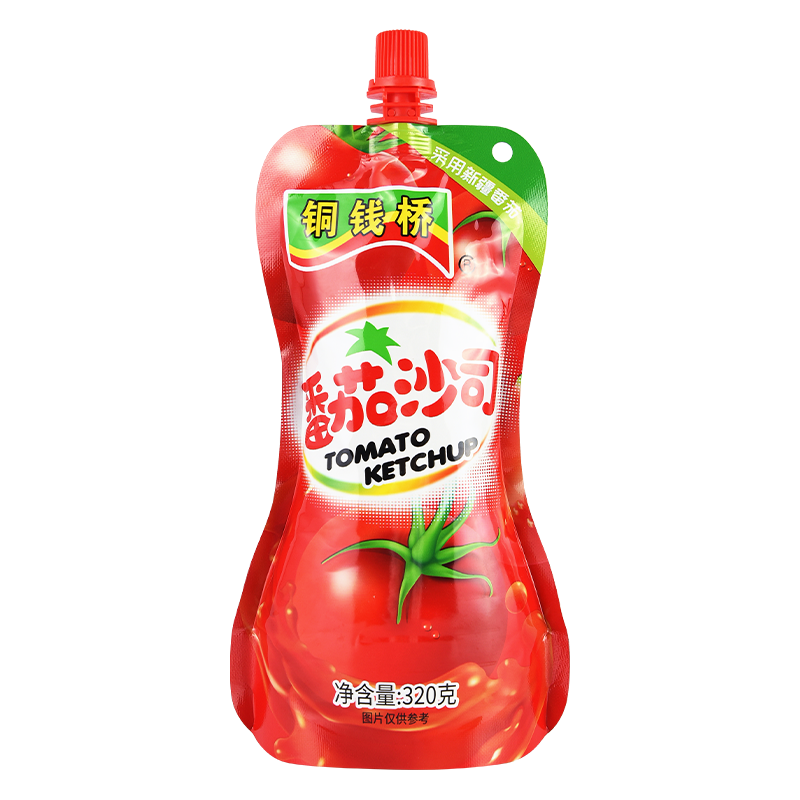
 No.1 Tongqianqiao Road, Dongpu Village, Simen Town, Yuyao, Zhejiang Province
No.1 Tongqianqiao Road, Dongpu Village, Simen Town, Yuyao, Zhejiang Province  nbms@nbtomato.com
nbms@nbtomato.com 
